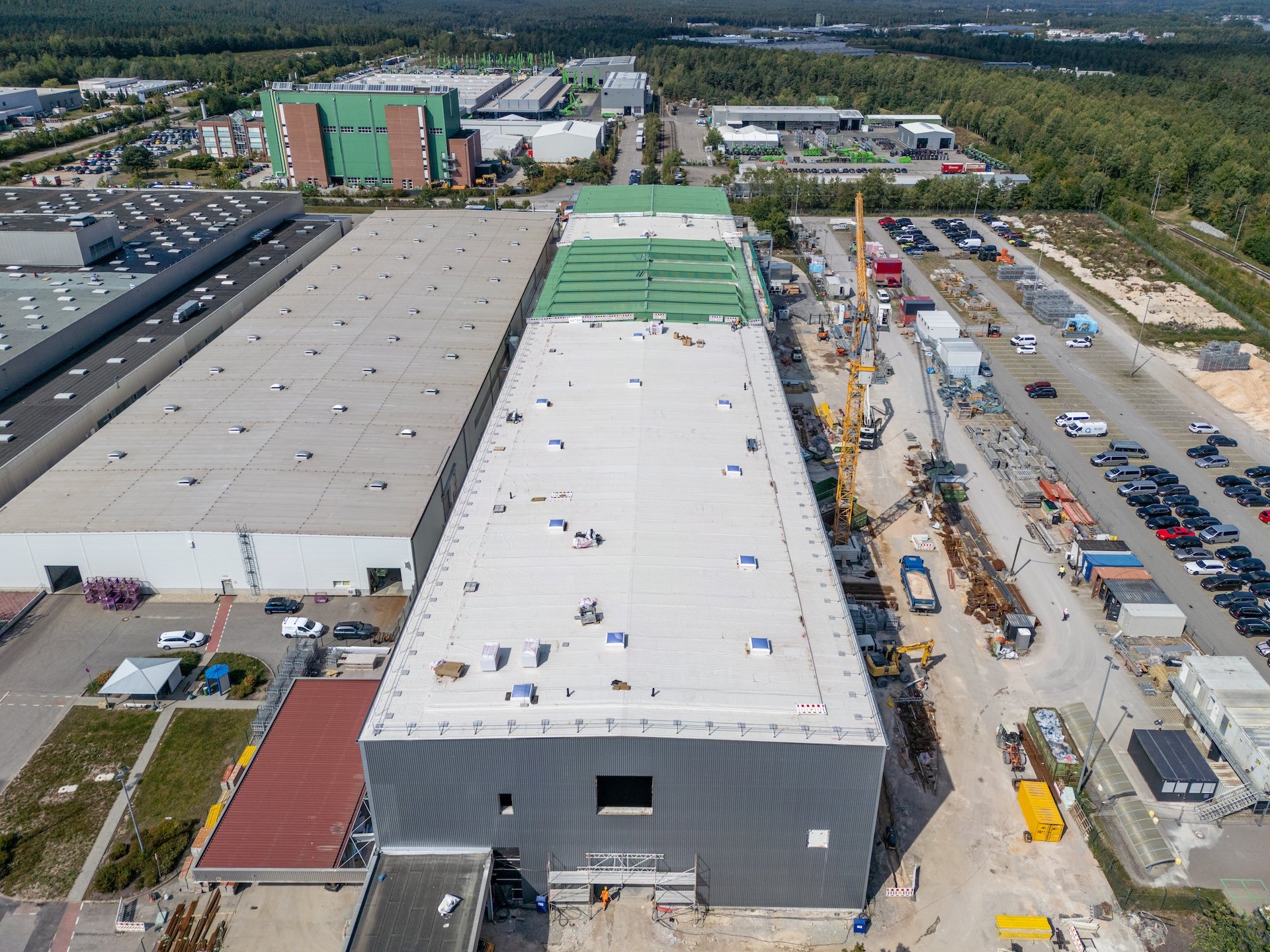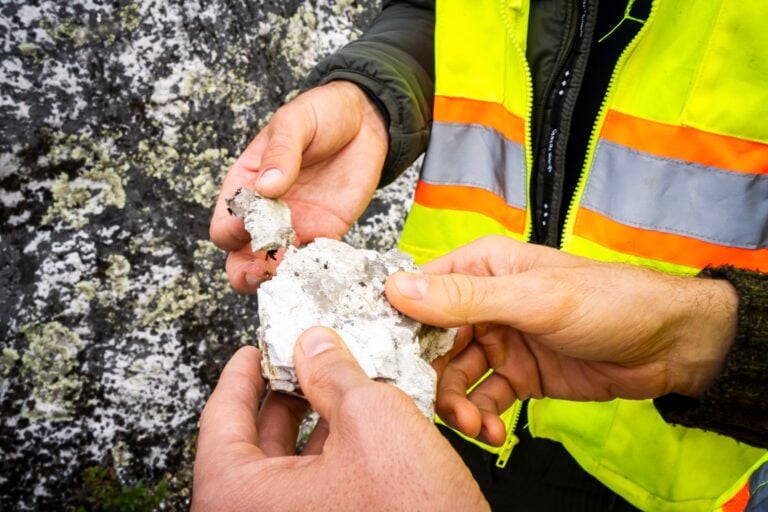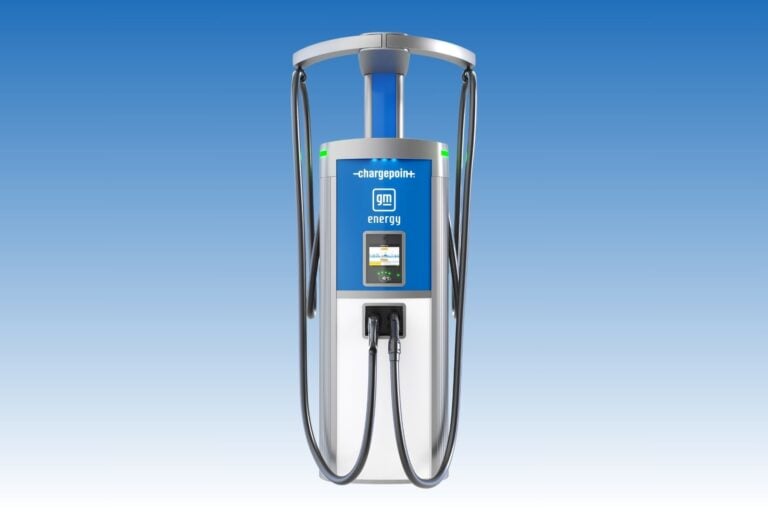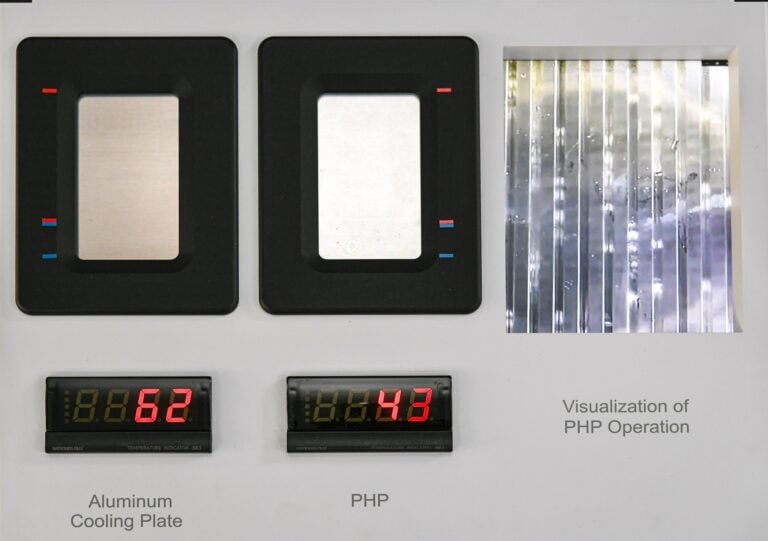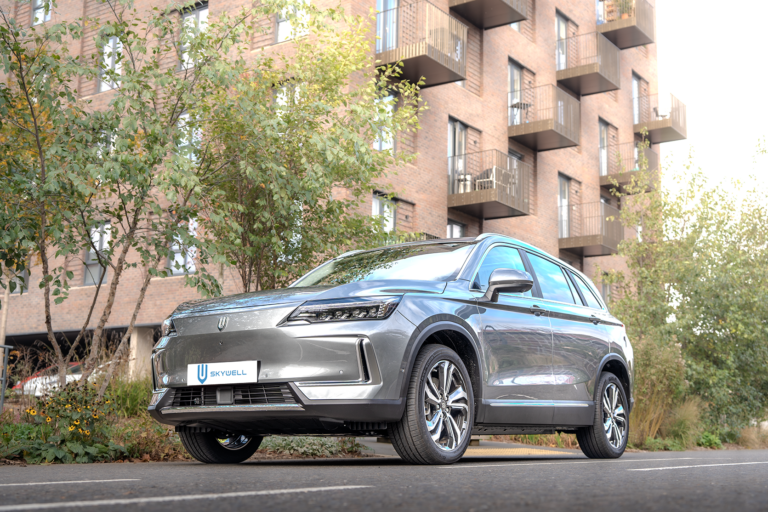Sign up for our popular daily email to catch all the latest EV news!
The BMW Group has officially launched the initial phase of its new battery testing center at Wackersdorf, following an announcement made a year ago. This new facility, covering over 8,000 square meters, will rigorously test battery cells, high-voltage batteries, and other electric powertrain components for upcoming BMW models. The entire site is expected to be fully operational by late 2025, aiming to improve battery technology well before production begins.
Key Highlights:
- Investment of around 100 million euros focused on test-bench technology and infrastructure.
- The initial phase is now operational, conducting 24/7 testing on battery cells.
- The site spans 8,000 square meters and will be completed by late 2025.
- Parallel testing of hundreds of battery cells, expanding to thousands during the final phase.
- Ensuring premium quality through rigorous testing, including vibration and shock simulations.
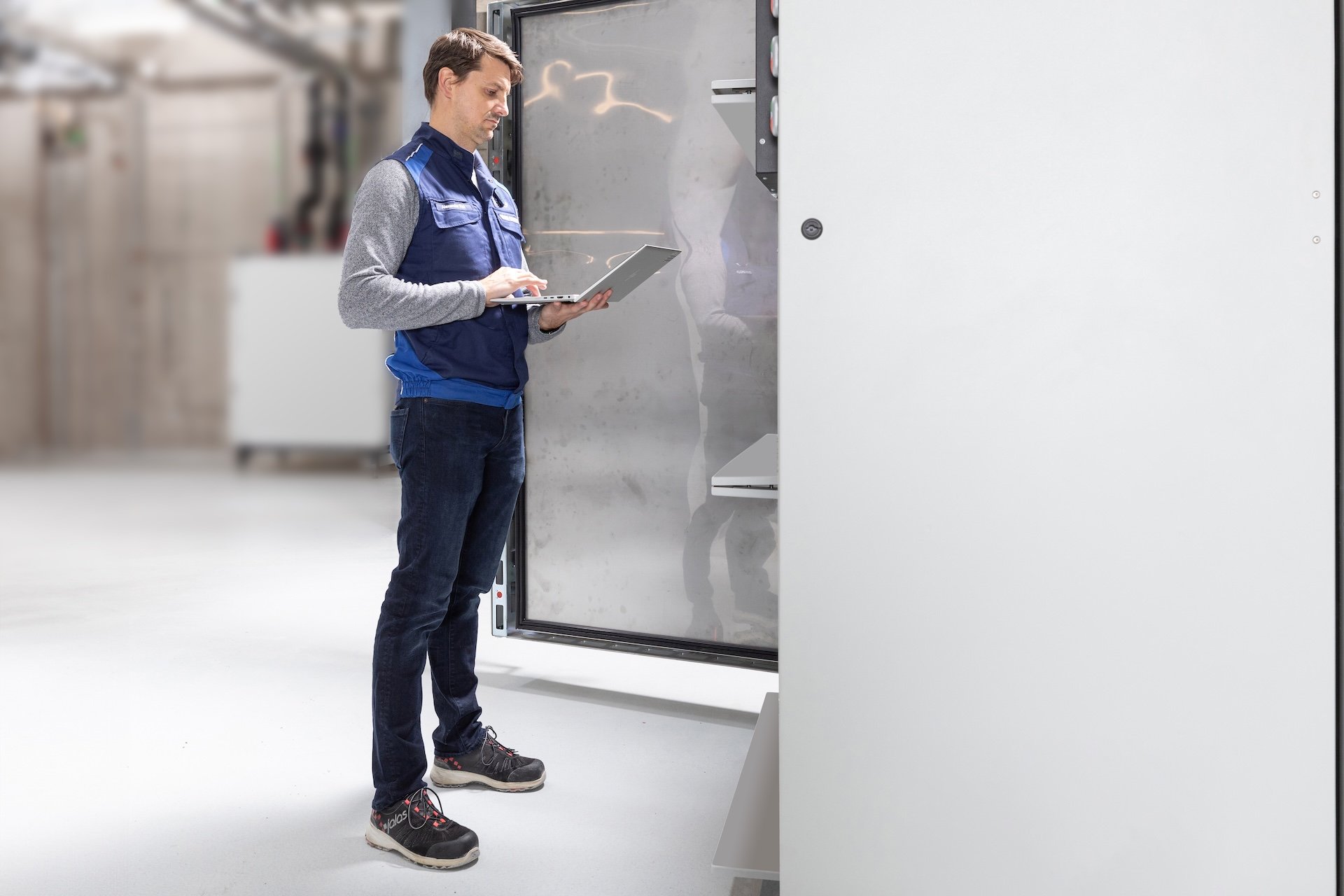
The investment of around 100 million euros in the Wackersdorf facility primarily focused on developing complex test-bench technology and upgrading existing infrastructure to support operations. Originally constructed in the 1980s, Hall 80 at the Wackersdorf plant has been remodeled specifically for this purpose. The facility will play a crucial role in testing battery cells and electric powertrain components for future BMW models, providing crucial insights during early development stages.
In recent months, significant structural changes have been implemented, including the installation of a new floor slab. The expansion required 2,200 tonnes of structural steel and 10,000 cubic meters of concrete. Now that the first phase is live, battery cells can be tested around the clock during their early development phase. The goal is to simulate real-world customer use cases, allowing BMW to ensure reliability and performance well before vehicles reach the market.
“Parallel testing of several hundred battery cells will initially be possible. Once the ramp-up is complete, testing capacity will reach several thousand battery cells,” explains Project Manager Dr. Felix Schmidt-Stein. The facility will also validate the battery-electric vehicles before their official launch, with specific tests including vibration and shock tests and the simulation of complex driving patterns. These efforts are vital to achieve type approval of electric vehicles.
Site Manager Christoph Peters added, “The commissioning of the first phase of the new battery testing center means that the BMW Group’s Wackersdorf location is poised to become a major facilitator in the transformation towards electromobility.” He emphasized that the new center adds a fourth pillar to the Wackersdorf site, complementing overseas supply, cockpit production, and door production for Rolls-Royce models.
BMW Group Plants Regensburg and Wackersdorf
The BMW Group has maintained a strong focus on production technology and operational excellence across its facilities in Regensburg and Wackersdorf. Since opening in 1986, the Regensburg plant has become one of BMW’s most important production hubs globally, with a daily output of up to 1,400 vehicles, including the BMW X1 and BMW X2 models. The plant is versatile, producing models with internal combustion engines, plug-in hybrids, and fully-electric drivetrains.
The nearby high-voltage battery facility, which opened in 2021, also supports Regensburg’s electric model production. Wackersdorf’s BMW Innovation Park, which began as a nuclear reprocessing site in the 1980s, now serves as a hub for cockpit production and overseas parts supply. With around 2,500 employees working at the Wackersdorf site and 9,250 employees across both Regensburg and Wackersdorf, these locations are vital to BMW’s ongoing efforts in electrification and innovation.
Sign up for our popular daily email to catch all the latest EV news!

